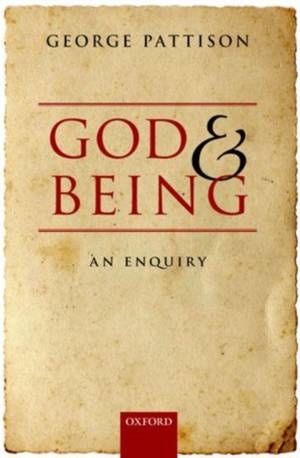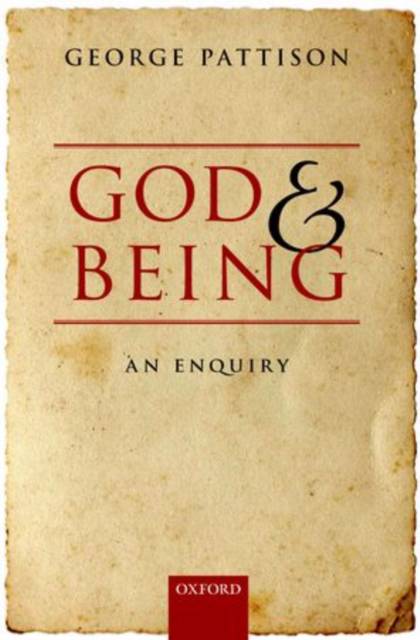
Bedankt voor het vertrouwen het afgelopen jaar! Om jou te bedanken bieden we GRATIS verzending (in België) aan op alles gedurende de hele maand januari.
- Afhalen na 1 uur in een winkel met voorraad
- In januari gratis thuislevering in België
- Ruim aanbod met 7 miljoen producten
Bedankt voor het vertrouwen het afgelopen jaar! Om jou te bedanken bieden we GRATIS verzending (in België) aan op alles gedurende de hele maand januari.
- Afhalen na 1 uur in een winkel met voorraad
- In januari gratis thuislevering in België
- Ruim aanbod met 7 miljoen producten
Zoeken
€ 75,95
+ 151 punten
Omschrijving
Speaking of God in terms of Being has become one of the most hotly contested topics in the philosophy of religion of the last twenty years. Pattison offers a response that takes into account the insights of postmodern thinking whilst attempting to provide a new basis for religious language and life.
Specificaties
Betrokkenen
- Auteur(s):
- Uitgeverij:
Inhoud
- Aantal bladzijden:
- 362
Eigenschappen
- Productcode (EAN):
- 9780199673971
- Verschijningsdatum:
- 28/03/2013
- Uitvoering:
- Paperback
- Afmetingen:
- 156 mm x 235 mm
- Gewicht:
- 542 g

Alleen bij Standaard Boekhandel
+ 151 punten op je klantenkaart van Standaard Boekhandel
Beoordelingen
We publiceren alleen reviews die voldoen aan de voorwaarden voor reviews. Bekijk onze voorwaarden voor reviews.









